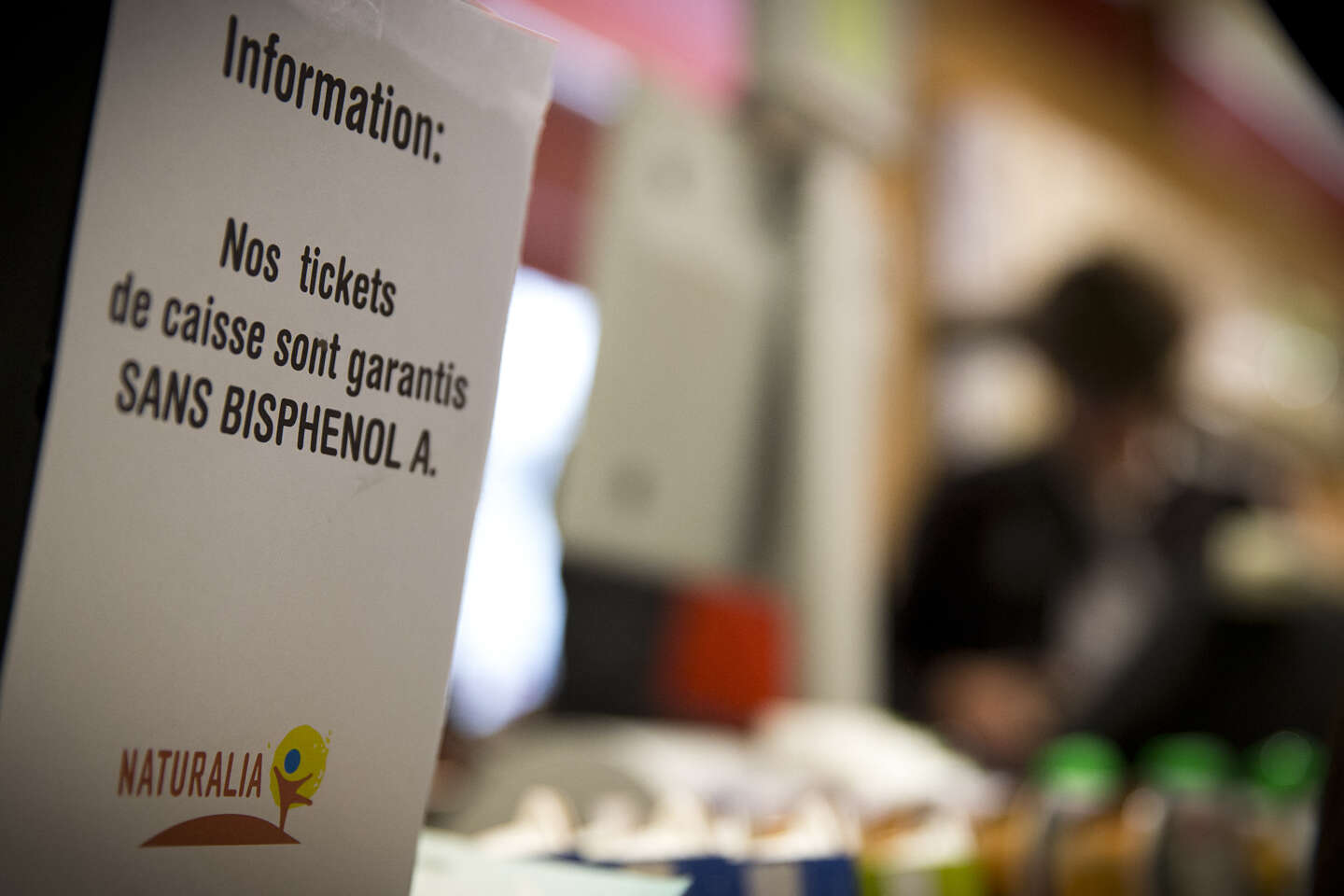
It is a large-scale alliance of the entire agri-food chain that the Competition Authority sanctioned on Thursday January 11th. Fines totaling over 19.5 million euros were imposed on four professional associations and eleven companies that are members (including Andros, Bonduelle, Charles et Alice, D’Aucy, General Mills, Unilever, etc.) because they provide consumers with information about the presence of bisphenol A (BPA), one of the main endocrine disruptors , restricted , in the packaging.
The Federation of Preserved Food Industries, the National Association of Food Industries, the Association of Processed Food Products Companies and the National Union of Manufacturers of Cans, Packaging and Metal Closures “agreed to encourage manufacturers not to compete on the presence or absence of bisphenol A in their canned foods.”, states the competition authority. In addition, eleven companies were convicted for their participation “at meetings organized by their associations or unions” on the subject.
A non-aggression pact
The case dates back to 2015. At that time, a law dated December 24, 2012 banned the manufacture, import, export and marketing of all containers or utensils containing BPA from December 1um January 2015. A chemical substance found in the manufacture of hard and transparent plastics such as polycarbonate and in the resins that cover the inside of metal cans and is therefore likely to leach into food.
Before this law came into force, the participants in this alliance intensified exchanges between 2010 and 2015 to coordinate information for consumers. Result: a non-aggression pact aimed at not highlighting products without bisphenol A on packaging in the first months of the transition. This is to avoid penalizing the sales of the least responsive companies. Because in order not to destabilize the production sectors, the legislature had allowed manufacturers to sell products that were brought onto the French market before the 1st until stocks were exhaustedum January 2015.
In order to bring their products to market more quickly, players in the agricultural and food sector even imagined shortening the best-before date on the packaging – this period beyond which the product can be consumed, but the quality of which the manufacturer no longer guarantees . organoleptic (taste). , consistency, etc.) or dietary.





